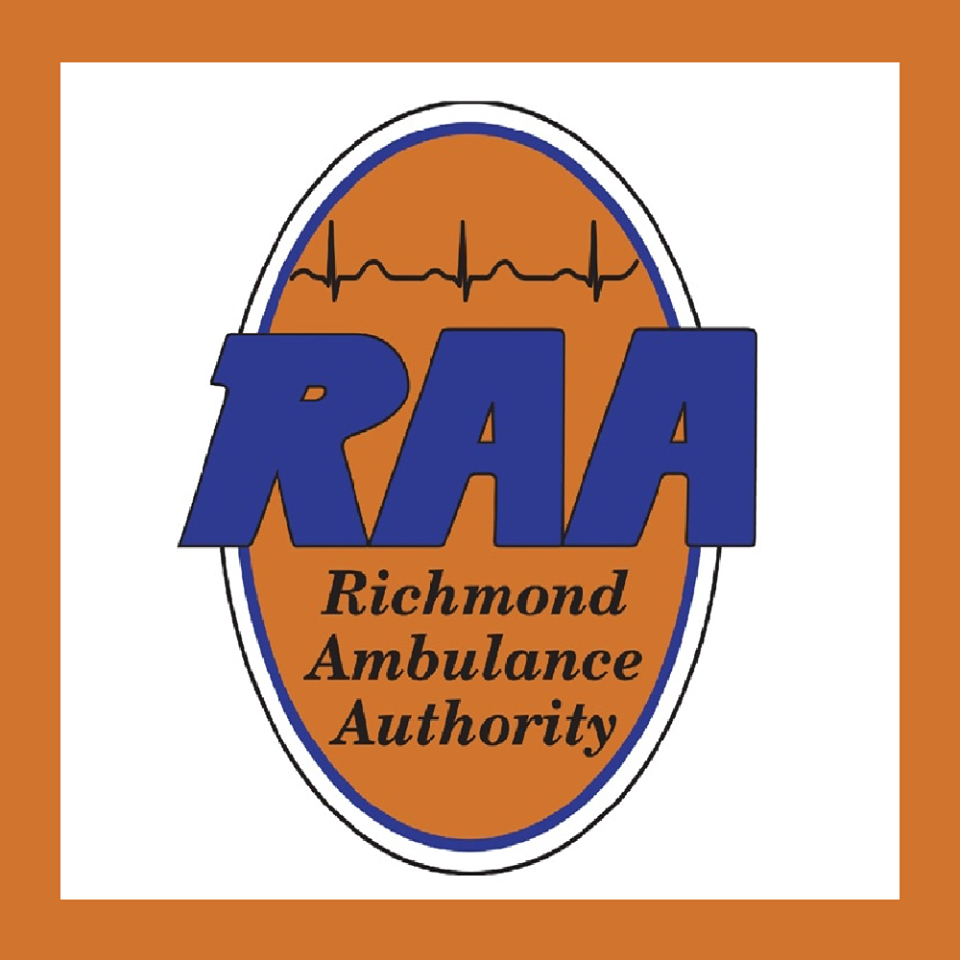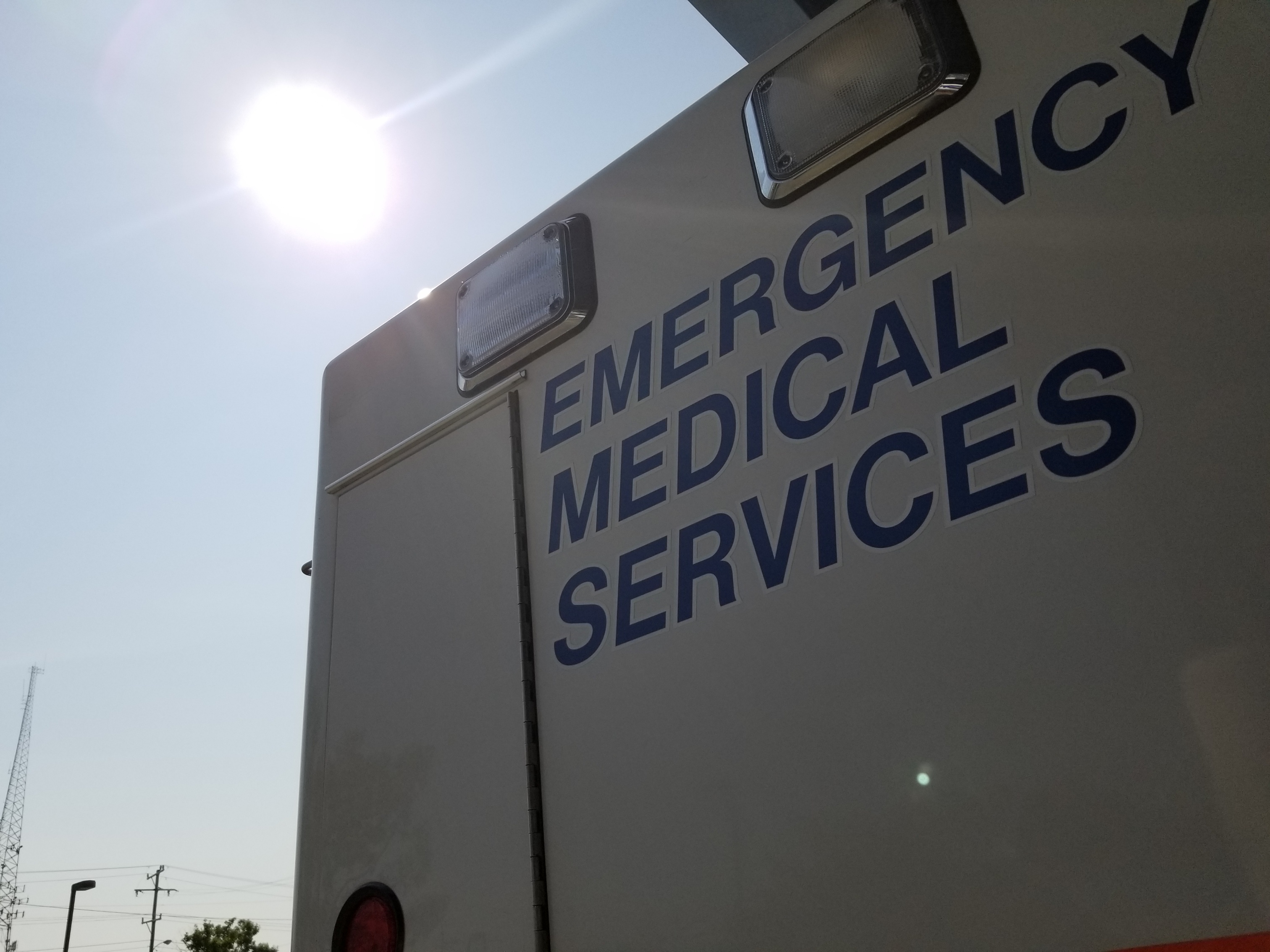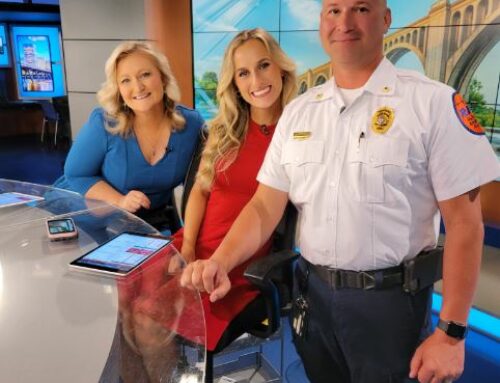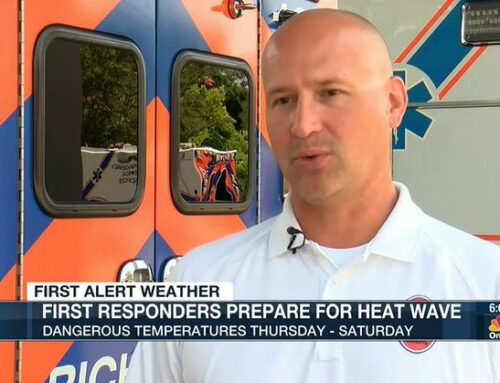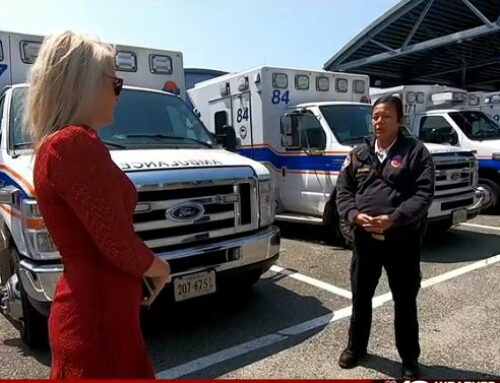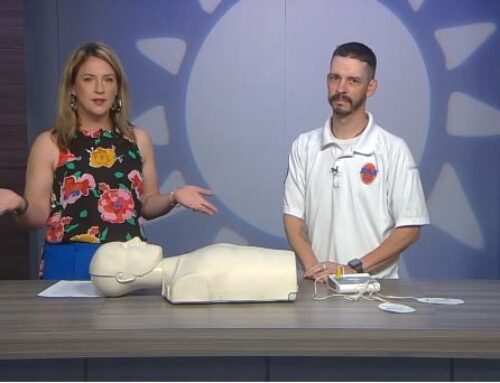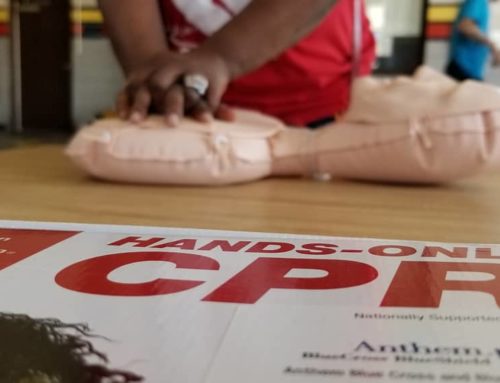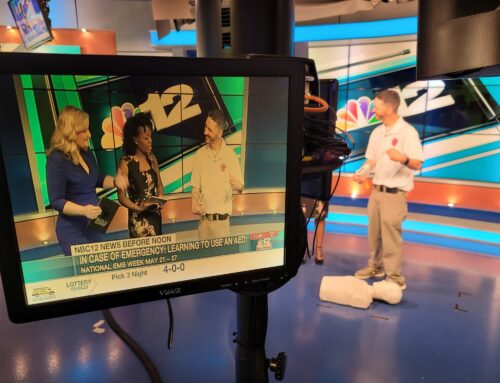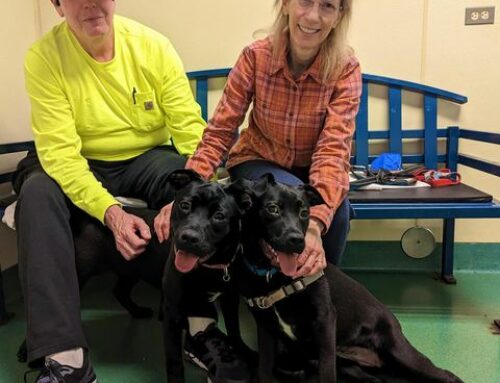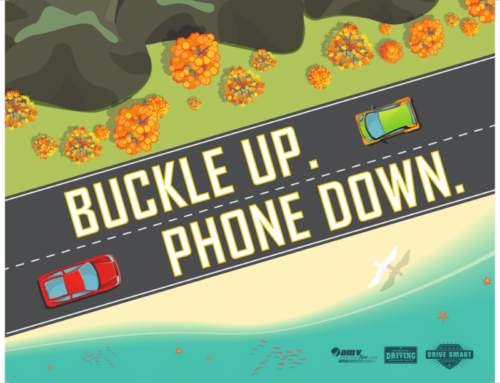The Richmond Ambulance Authority (RAA) is urging the public not to leave kids in hot cars as it can cause heatstroke and lead to death. RAA has had one call for a child in a hot car and one death so far this year. Between 2014 and 2016 RAA averaged one call per year for a child that was left in a hot car. There were zero calls in 2017 and 2018. There has only been one death of a child left in a hot car in the past 5 years.
A car can heat up by 20 degrees in as little as 10 minutes and become deadly. Last year 52 children died in hot cars across the country, the deadliest year on record. That’s a 21 percent increase from 2017.
In an attempt to reduce injury and death, we want to remind parents and caregivers about the dangers of leaving children in hot cars. A child’s body temperature can rise up to five times faster than an adult’s, and heatstroke can occur in outside temperatures as low as 57 degrees.
“As outside temperatures rise, the risk of children dying from heatstroke after being left in a hot car increases,” said RAA CEO Chip Decker. “One child dies from heatstroke nearly every 10 days in the United States from being left in a car or crawling into an unlocked vehicle. In almost every case the deaths could have been prevented.”
RAA urges all parents and caregivers to do these three things:
- NEVER leave a child in a vehicle unattended.
- Make it a habit to look in the back seat EVERY time you exit the car.
- ALWAYS lock the car and put the keys out of reach.
If you are a bystander and see a child in a hot vehicle:
- Make sure the child is okay and responsive. If not, call 911 immediately.
- If the child appears to be okay, attempt to locate the parents or have the facility’s security or management page the car owner over the PA system.
- If there is someone with you, one person should actively search for the parent while the other waits at the car.
- If the child is not responsive or appears to be in distress, attempt to get into the car to assist the child—even if that means breaking a window—Virginia has a “Good Samaritan” law ( 8.01-225) that protects people from lawsuits when getting involved to help a person in an emergency.
